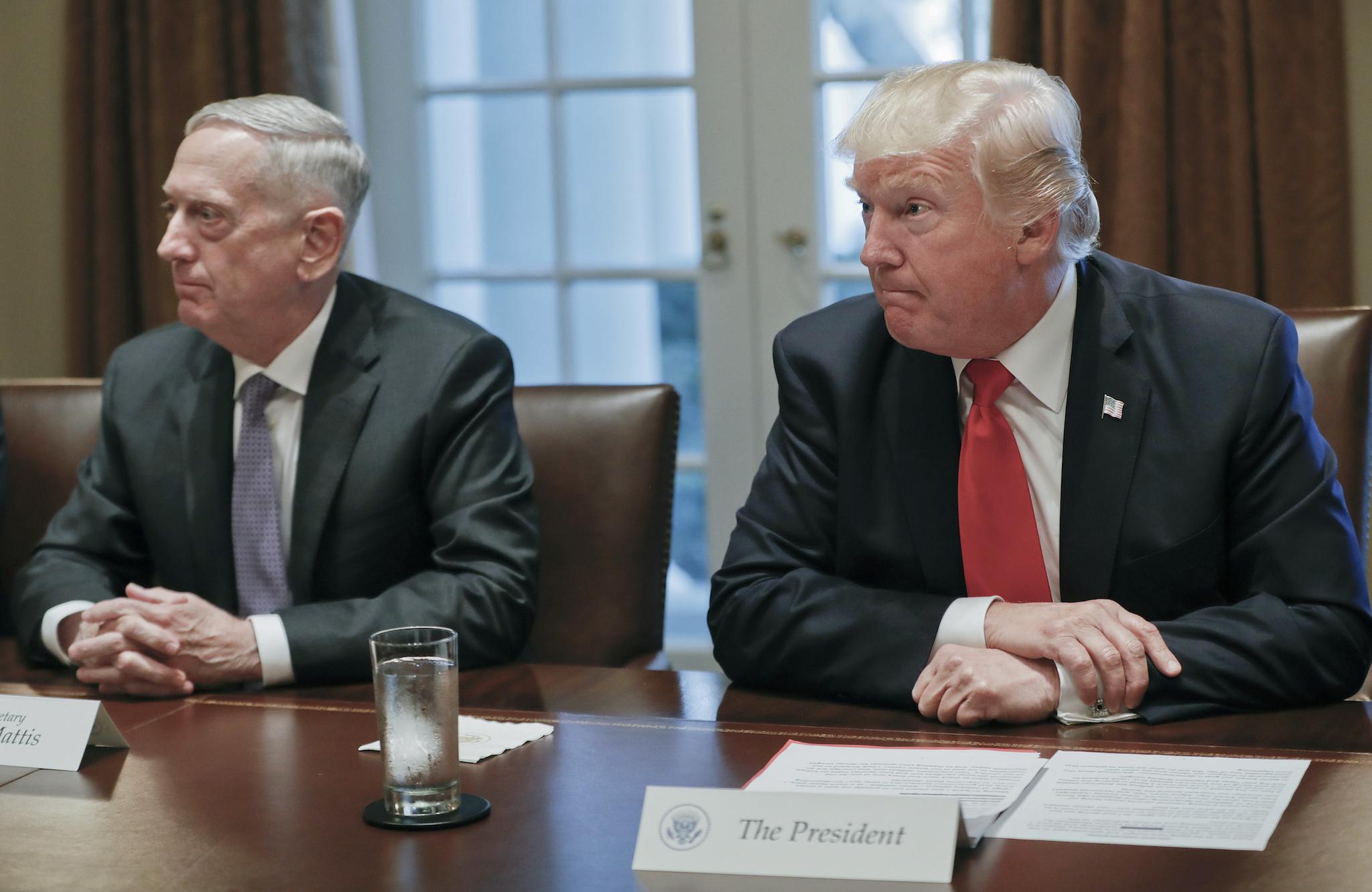Iran Deal: What is the nuclear agreement Trump looks set to scrap, and why does it matter?
Other world leaders have called the deal 'vital' and 'essential for peace'

Your support helps us to tell the story
From reproductive rights to climate change to Big Tech, The Independent is on the ground when the story is developing. Whether it's investigating the financials of Elon Musk's pro-Trump PAC or producing our latest documentary, 'The A Word', which shines a light on the American women fighting for reproductive rights, we know how important it is to parse out the facts from the messaging.
At such a critical moment in US history, we need reporters on the ground. Your donation allows us to keep sending journalists to speak to both sides of the story.
The Independent is trusted by Americans across the entire political spectrum. And unlike many other quality news outlets, we choose not to lock Americans out of our reporting and analysis with paywalls. We believe quality journalism should be available to everyone, paid for by those who can afford it.
Your support makes all the difference.On the campaign trail and since becoming president, Donald Trump has repeatedly criticised the Iran nuclear deal, labelling it “one of the worst and most one-sided transactions the United States has ever entered into”.
The US leader is now expected to decertify the agreement, leaving it up to Congress to decide whether to re-impose economic sanctions on Iran.
What was the agreement?
Officially titled the Joint Comprehensive Plan of Action, the Obama-era accord was designed to prevent Iran from developing a nuclear weapon.
Under the 2015 agreement with six nations – the US, France, Germany, China, Russia and the UK – Iran agreed to restrict its nuclear programme for at least 10 years in exchange for the loosening of economic sanctions that had crippled its economy.
Why does Mr Trump oppose the deal?
During his first speech before the United Nations General Assembly last month, Mr Trump said, “We cannot abide by an agreement if it provides cover for the eventual construction of a nuclear program.”
The US president's administration must certify to Congress that Iran is upholding its part of the deal every 90 days. Mr Trump has already done so twice, but has continuously noted that Iran remains a “leading state sponsor of terrorism.”
How did Iran react to the reports that Trump would decertify the agreement?
Iranian nuclear chief Ali Akbar Salehi said the deal was not renegotiable, according to Iran's Press TV.
However, he suggested the accord might be salvageable if the other partners – France, Germany, China, Russia and the UK – remained on board. If not, he said, the deal will “definitely fall apart”.
Last month, Iran's President Hassan Rouhani attacked Mr Trump for suggesting the agreement could be ripped up.
“It will be a great pity if this agreement were to be destroyed by rogue newcomers to the world of politics,” Mr Rouhani said at the UN. “By violating its international commitments, the new US administration only destroys its own credibility and undermines international confidence in negotiating with it or accepting its word or promise.”
When will Mr Trump announce his decision?
Mr Trump is expected to lay out how his administration will address Iran during a speech on October 12. He could still change his mind on whether or not to recertify the agreement.
Some of his top advisers, including Defence Secretary James Mattis, seem to believe it’s in the US’s interest to stay in the deal.
What would happen next?
Decertification itself would not break the US's agreement with Iran. It would start the clock on a 60-day congressional review period, during which legislators would have to decide whether to reimpose sanctions. If they decide to do so, they would effectively dismantle the deal.
Republican members of Congress were unanimously opposed to the agreement in 2015, but they have wavered since then on whether Mr Trump should enforce it. This makes it unclear whether there would be enough votes in support of reinstating sanctions on Tehran.
What could happen with North Korea?
Along with railing against the nuclear deal, Mr Trump has also been critical of Iran's ballistic missile programme and expressed concern Tehran is working with North Korea, which is quickly developing its own nuclear weapons.
If the Trump administration does decertify the nuclear agreement, it's possible North Korea and Iran could expand their military ties.
How might European nations react to Mr Trump’s decertification of the deal?
European diplomats have reportedly already been meeting with members of Congress to lobby them on the merits of the agreement.
Mr Trump’s criticism of the deal has put him at odds with other world leaders, including the UK's Prime Minister Theresa May, who has called the agreement “vital”, and France’s President Emmanuel Macron.
During his address to the UN General Assembly, Mr Macon said the nuclear deal was “essential for peace”.
Join our commenting forum
Join thought-provoking conversations, follow other Independent readers and see their replies
Comments